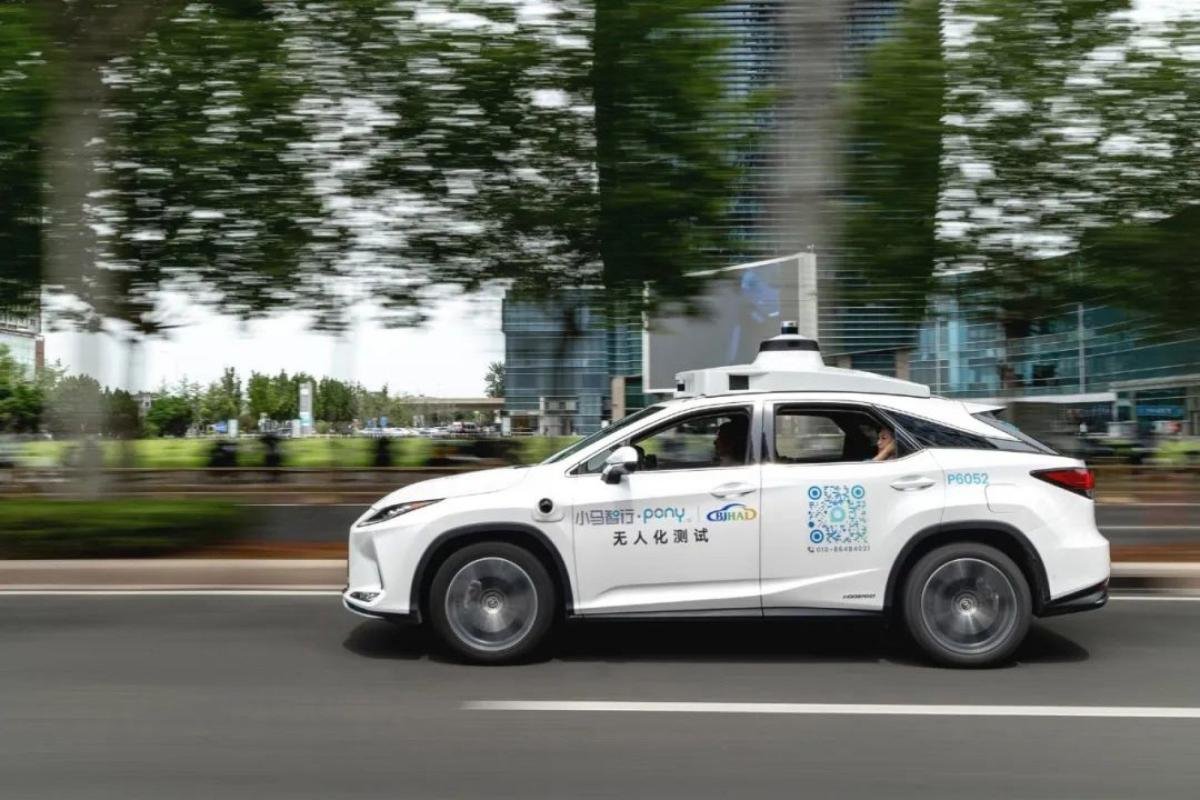Toyota Motor-backed Pony.ai plans to launch its robotaxis in Hong Kong, looking to go head-to-head with Baidu‘s fleet in the city, as Chinese autonomous-driving technology companies expand their operations into international markets.
Based in Guangzhou, Pony.ai said it seeks to provide “robotaxi commuting services” for airport staff within the Hong Kong International Airport and later expand into the city’s urban areas, the company said in a statement on Friday. It did not provide a timeline for its local robotaxi launch.
The company, which promoted its sixth-generation robotaxi at the Hong Kong airport last month, said the facility was already set to use or plans to deploy driverless vehicles.
Do you have questions about the biggest topics and trends from around the world? Get the answers with SCMP Knowledge, our new platform of curated content with explainers, FAQs, analyses and infographics brought to you by our award-winning team.
Pony.ai has also ventured into other markets, including South Korea, Luxembourg and the Middle East, according to its statement.
The company, which currently operates a fleet of more than 250 robotaxis and 190 robotrucks, did not immediately respond to a request for comment on Friday.
Outside Guangzhou, Pony.ai offers robotaxi services in Beijing, Shanghai and Shenzhen. Photo: Handout alt=Outside Guangzhou, Pony.ai offers robotaxi services in Beijing, Shanghai and Shenzhen. Photo: Handout>
Pony.ai’s latest expansion plans reflect its improved financial position in developing and operating self-driving vehicles, after the company raised US$413.4 million in an initial public offering on Nasdaq and concurrent private placements in November.
The company is likely to compete with Baidu in Hong Kong, where the Chinese internet search and artificial intelligence (AI) giant also plans to roll out its driverless taxi service.
In November, Hong Kong’s Transport Department approved Baidu’s application to conduct trials for 10 autonomous vehicles in North Lantau, granting the firm a pilot licence valid until December 2029.
The Hong Kong licence was “an important milestone” in the company’s “journey towards globalisation”, a spokesman for Apollo Go, Baidu’s robotaxi service, told the South China Morning Post in November.
The international expansion efforts of Pony.ai and Baidu come as geopolitical tensions have prompted China’s biggest autonomous-driving tech companies to drastically scale back road tests in the US, and in some cases end them altogether, according to industry reports and company sources.









